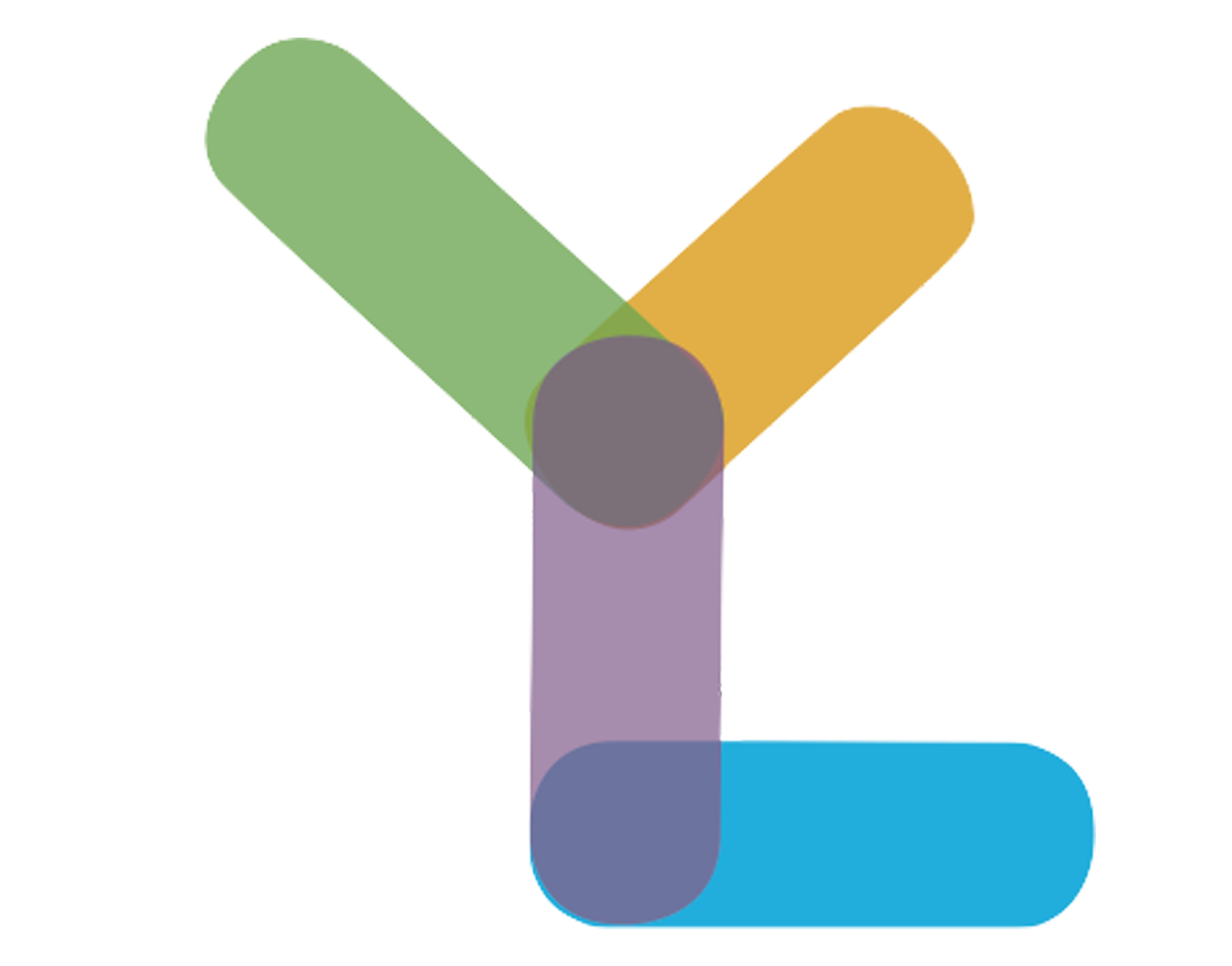YCL Staff Reflections: Being in Relation
“Without even realizing it, we tend to silo work and personal stuff [and] we also tend to do that when we do research. We need to humanize our approach when in relation with other communities, and we need to find ways to unlock our full selves.”
Naia, YCL’s Communications Coordinator said this in our community-based participatory research (CBPR) workshop sessions, facilitated by Jenn Chan from the Department of Imaginary Affairs.
A screenshot from YCL’s first session with Jenn Chan.
I came into these sessions not really knowing what CBPR is, so let’s break it down. CBPR is a partnership between community stakeholders and researchers, where equal partners engage in all steps of a “research process,” with the ultimate goals of educating, improving practice or bringing about social change within the communities consulted (Tremblay et al., 2018). At its core, CBPR identifies and questions the power relationships that are inherently embedded in Western knowledge production and aims to mitigate how white supremacist/patriarchal and “productivity/efficiency” structures undermine research.
This resonated with me, as I realized the core of CBPR is to spend time “being in relationship” with the communities you are working with by understanding and prioritizing the needs of the community. This looks like “humanizing” your time, leaving space for trust building, taking your ego and expectations out of the picture, and understanding the tensions that can arise when working with communities (e.g., ideologies of time, efficiency, deliverables/outcomes, and mediums to transmit knowledge).
In these sessions, I expected to be taught how to conduct CBPR “properly.” I was surprised, because instead of teaching us definitions and CBPR processes, Jennifer asked us questions. She did this to prompt us to learn more about ourselves, our lived experiences and their relation to how we might show up when conducting CBPR. I also expected to be taught how to mitigate personal biases, but instead, our conversations shifted towards acknowledging that coming into CBPR spaces with worldviews and different lived experiences is okay; the key is to acknowledge the presence of these preconceived notions and understand your positionality when you show up in community spaces. Moreover, do your best to centre the language, words and thoughts of the community you’re working with; don’t transcribe what you think they’re saying as you could take insights out of context. As a researcher who is passionate about decolonizing research methodology and frameworks, I felt comforted in knowing this is a critical aspect of CBPR.
In my program work at YCL, I will consciously think about how the ways humans transmit knowledge varies across cultures and communities (e.g., communities outside the western world usually hold knowledge orally and pass down traditions to generations through story-telling). With this in mind, it is important for me to decenter the written word as “gospel” and fight against the assumption that if something is not written down or peer-reviewed, it’s not true research. Further, actively challenging assumptions surrounding the ways people learn and connect to one another is something I will bring into my work by centering direct involvement, transparency, story-telling, accessibility considerations, and sharing power.
Some challenges I see organizations facing is navigating the needs of funders while properly engaging in CBPR. This is a challenge because building trust and rapport between the researchers and the community takes time and dedication to the process; timelines and the expectations from funders can impinge on developing a healthy relationship with the community. However, CBPR can be seen as an opportunity to transfer money to where the knowledge is, because that is where the power is. In order for this to happen, researchers shouldn’t be “paid” to do research but instead, they should be paid to do a program and evaluate it. Once a program is evaluated, funders can be shown that their evaluation criteria for “success” are not the right things to be asking and that’s why they’re doing research - to be proven wrong for the betterment of the community they’re engaging with and for future CBPR.
CBPR is particularly relevant to YCL since we’re constantly engaging with youth, especially from communities already made vulnerable, to build skills for youth that enable them to influence climate policy and access financing to accelerate their climate solutions. YCL understands that climate action is not a monolith and therefore, neither should the responses be that communities need to adapt to its impacts. To help youth build the just, climate-resilient futures they deserve, YCL will continue to leverage community knowledge and root this work in decolonization, respect, reciprocity, vulnerability and trust building.
References Cited
Tremblay, M. C., Martin, D. H., McComber, A. M., McGregor, A., & Macaulay, A. C. (2018). Understanding community-based participatory research through a social movement framework: a case study of the Kahnawake Schools Diabetes Prevention Project. BMC public Health, 18(1), 487.
about jenN
Jennifer Chan (she/her) is a second-generation Chinese Canadian, born and raised in Tkaranto (colonially known as Toronto). Jenn is a designer, researcher, facilitator, and idea generator by profession, by nature she is an empath, a caregiver and an idealist. This wicked combination has led Jenn to work on elevating and amplifying the stories of the underestimated. Jenn is the CEO of the Department of Imaginary Affairs. The Department of Imaginary Affairs is a national nonprofit in Canada working to imagine equitable futures, with a mission to understand the evolving definition of what it means to be Canadian from new and developing Canadians.
You can learn more about the Department of Imaginary Affairs here, find Jenn on LinkedIn here or find her on socials at @jennzia.
About Brynna
Brynna is the Program Specialist at Youth Climate Lab. Curious, socially-conscious, and justice-driven – Brynna is constantly embracing opportunities that allow her to deepen her understanding of the world around her and the systems that shape our interactions with nature. She is passionate about becoming involved in issues that advocate for the health of people and the planet.

